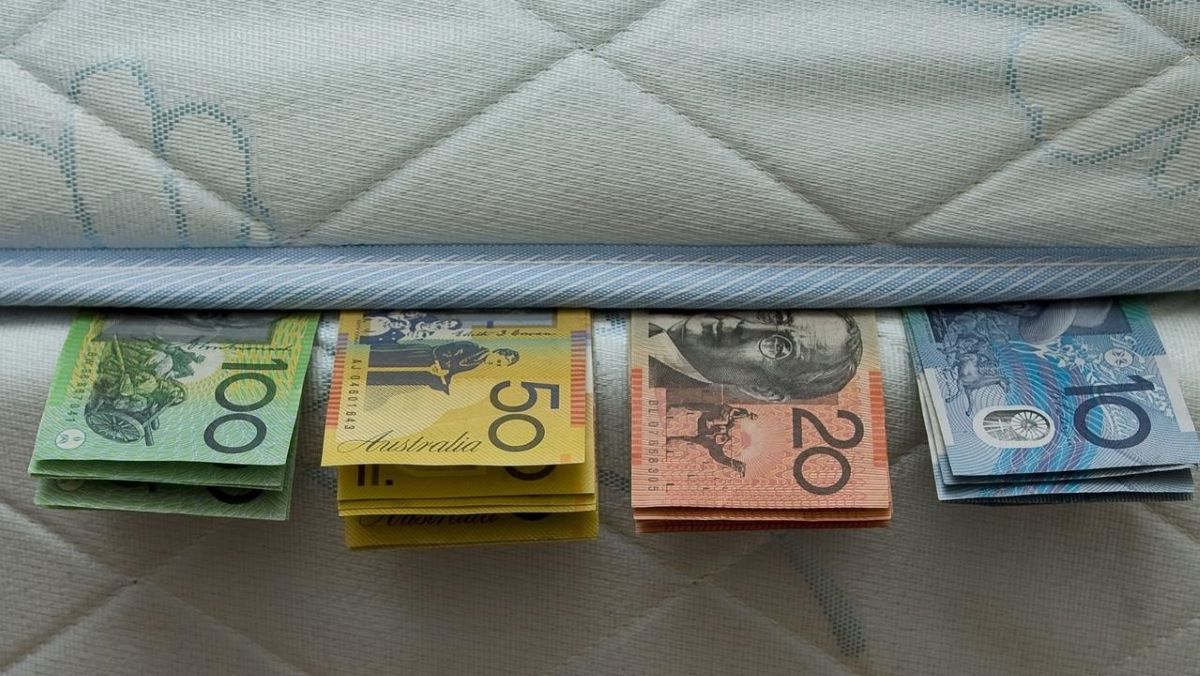

Articles
How To Store Cash At Home
Modified: December 7, 2023
Learn how to store cash safely at home with these helpful articles. Protect your money and keep it secure with our tips and advice.
(Many of the links in this article redirect to a specific reviewed product. Your purchase of these products through affiliate links helps to generate commission for Storables.com, at no extra cost. Learn more)
Introduction
In today’s digital age, most people rely heavily on credit cards, online banking, and other electronic forms of payment. However, keeping cash on hand still has its benefits. It provides a sense of security and ensures that you have a backup in case of emergencies or unexpected situations where electronic payment methods may fail. Storing cash at home can be a smart decision, but it’s important to do it properly to protect your money from theft or damage.
In this article, we will discuss the importance of storing cash at home, factors to consider when selecting a storage method, recommended storage options, and steps to safely store your cash. Additionally, we will provide some extra tips to help you maintain and organize your cash storage system.
Keep in mind that storing cash at home should be approached with caution. It is important to strike a balance between accessibility and security to ensure that your money is both easily accessible when needed and adequately protected.
Now, let’s explore why storing cash at home is essential and the factors you should consider before choosing a suitable storage method.
Key Takeaways:
- Storing cash at home provides financial stability, privacy, and convenience in emergencies. Safes, lockboxes, and hidden compartments offer secure storage options to maintain accessibility and security.
- Diversify cash storage, use tamper-evident bags, and consider insurance coverage to enhance security. Regularly review and update your cash storage system to adapt to changing circumstances and ensure its effectiveness.
Read more: How To Store Cash
Importance of Storing Cash at Home
Storing cash at home can offer several advantages, making it a valuable practice for individuals and households. Here are some reasons why it is important to have cash on hand:
- Emergency situations: In times of natural disasters, power outages, or other emergencies, electronic payment systems may not be accessible. Having cash readily available allows you to purchase essential items, such as food, water, or medical supplies, when other forms of payment are not an option.
- Financial stability: Keeping cash at home can serve as a financial safety net. It provides a tangible backup for unexpected financial needs, such as car repairs, medical expenses, or sudden job loss. Having readily available cash can alleviate stress and help you maintain stability during challenging times.
- Privacy: Some people prefer to make certain purchases with cash to maintain their privacy. By storing cash at home, you have the ability to make anonymous transactions without leaving a digital trail.
- Backup for electronic payment failures: Despite advancements in technology, electronic payment systems can occasionally experience glitches or technical issues. When this happens, having cash readily available ensures that you can continue your daily transactions without interruptions.
- Convenience in daily transactions: Cash is widely accepted as a form of payment, especially for small purchases or in situations where electronic payment methods may not be accepted, such as at small businesses or street vendors. By storing cash at home, you always have a means of making payments without relying solely on credit or debit cards.
- Financial independence: Having cash on hand can provide a sense of financial independence and self-sufficiency. It allows you to rely less on banks or financial institutions for your day-to-day transactions.
While storing cash at home offers numerous benefits, it is crucial to consider certain factors to ensure the safety and security of your money. In the next section, we will discuss these factors in detail.
Factors to Consider
When it comes to storing cash at home, there are several important factors to consider. These factors will help you determine the best storage method that suits your needs. Here are the key factors:
Security: The security of your cash should be a top priority. Consider the level of protection that different storage options provide. Look for features such as robust locks, solid construction, and fire or water resistance. Additionally, think about the security of your home overall. Ensure you have proper measures in place to prevent unauthorized access and consider investing in a security system or cameras if necessary.
Accessibility: You want your cash to be easily accessible when needed, but it’s essential to strike a balance between accessibility and security. Consider how frequently you will need to access your money and choose a storage method that allows for convenient retrieval. Some options, such as safes or lockboxes, offer quick access, while others may require more effort to retrieve the cash.
Privacy: If maintaining privacy is a priority for you, consider a storage option that allows you to keep your cash discreetly. Some safes or lockboxes offer hidden compartments or diversion safes that mimic everyday objects, ensuring your cash remains inconspicuous. This can be particularly useful if you have guests or others who may enter your home regularly.
By carefully considering these factors, you can select a cash storage option that meets your specific needs and provides a balance between convenience and security. In the next section, we will discuss some recommended cash storage options that you can consider.
Recommended Cash Storage Options
When it comes to storing cash at home, there are various options available to ensure the safety and security of your money. Here are some recommended cash storage options:
- Safes: Safes are a popular choice for storing cash at home. They come in various sizes, from small portable safes to larger, more sturdy safes that can be bolted to the floor or wall. Safes offer excellent protection against theft and may also provide fire or water resistance. Look for safes with robust locking mechanisms and tamper-proof features.
- Lockboxes: Lockboxes are smaller, portable storage containers that provide a secure option for storing cash. They usually come with key or combination locks and are relatively affordable. Lockboxes can be hidden in a closet, drawer, or other secure location to keep your cash discreetly stored.
- Diversion safes: Diversion safes are cleverly designed to mimic everyday objects, such as books, cans, or household items. These safes blend seamlessly with your surroundings, making it unlikely that anyone would suspect that they contain cash. Diversion safes offer an added layer of security by diverting attention away from valuable items.
- Hidden compartments: If you’re looking for a discreet and innovative way to store cash, consider creating hidden compartments within your home. These can be built into existing furniture, walls, or floors. Hidden compartments offer a high level of security as they are not easily detectable by intruders.
When choosing a cash storage option, consider your unique needs, such as the amount of cash you plan to store, the level of security required, and your available space. Additionally, ensure that the storage option you choose fits into your overall home decor, minimizing the chances of it raising suspicion.
Now that you have an idea of the recommended cash storage options, let’s move on to the steps involved in safely storing your cash at home.
Consider investing in a fireproof and waterproof safe to store your cash at home. Make sure to keep the safe in a secure and hidden location to minimize the risk of theft.
Steps to Safely Store Cash at Home
When it comes to storing cash at home, taking the right steps is crucial to ensure the safety and security of your money. Here are the steps involved in safely storing cash:
- Assess your security needs: Begin by evaluating the level of security required for your cash storage. Consider factors such as the amount of cash you plan to store, the potential risks in your area, and your personal comfort level. This assessment will help you determine the level of protection you need.
- Determine suitable storage locations: Identify suitable locations in your home where you can store your cash securely. Look for areas that are less likely to be vulnerable to theft, such as a locked room, closet, or concealed space. Avoid obvious locations that may be targeted by intruders.
- Choose an appropriate cash storage option: Based on your security needs and available space, select the cash storage option that best fits your requirements. Consider factors such as the level of security provided, accessibility, and privacy. Safes, lockboxes, diversion safes, and hidden compartments are all viable options to consider.
- Install and set up the chosen storage method: Once you have selected the cash storage option, follow the manufacturer’s instructions to install and set it up properly. Make sure to test the locks and any additional security features to ensure they are functioning correctly.
- Organize and maintain your cash storage system: Establish a systematic approach to organizing and maintaining your cash storage system. Keep track of the amount of cash you have and ensure it is organized in a way that is easy to count, access, and track. Regularly review and update your security measures to adapt to changing circumstances or threats.
By following these steps, you can establish a secure and efficient cash storage system in your home. However, it’s important to remember that storing cash at home has inherent risks, so it’s always a good idea to diversify your storage locations and consider additional measures for protection.
Next, we will provide some additional tips to help you maximize the security and functionality of your cash storage system at home.
Read more: How To Store Cash Safely
Additional Tips for Cash Storage at Home
In addition to following the steps mentioned earlier, here are some additional tips to further enhance the security and functionality of your cash storage system at home:
- Diversify storage locations: Instead of keeping all your cash in one place, consider diversifying your storage locations. Distribute your cash across multiple safes, lockboxes, or hidden compartments. This reduces the risk of losing all your cash in the event of a break-in or theft.
- Store cash in different denominations: Storing cash in a variety of denominations can be beneficial. It allows you to have smaller bills for everyday expenses while preserving larger bills for emergencies or larger purchases. It also reduces the likelihood of drawing attention to a large sum of money when making transactions.
- Use tamper-evident bags or envelopes: Consider storing your cash in tamper-evident bags or envelopes. These specialized bags have unique seals that indicate if they have been tampered with. This provides an added layer of security and ensures that you can quickly identify any potential unauthorized access to your cash.
- Keep track of your cash inventory: Maintain a detailed record of the amount of cash stored at home. Regularly update this inventory to keep track of any additions or withdrawals. By doing so, you can easily monitor your cash flow and identify any discrepancies or missing funds.
- Consider insurance coverage: Depending on the amount of cash you store at home, it may be worth considering insurance coverage. Contact your insurance provider to inquire about coverage options for cash stored at home. This can provide additional protection in case of theft, fire, or other covered events.
By implementing these additional tips, you can further safeguard your cash and ensure that it remains secure and easily manageable. Remember to review and update your cash storage system regularly to adapt to any changes in your security needs or circumstances.
Now that we have covered the essential tips for cash storage at home, let’s conclude our article.
Conclusion
Storing cash at home can provide you with a sense of security, financial stability, and privacy. However, it is crucial to approach cash storage with caution and take appropriate measures to ensure the safety and accessibility of your money.
In this article, we discussed the importance of storing cash at home, considering factors such as security, accessibility, and privacy. We recommended various cash storage options, including safes, lockboxes, diversion safes, and hidden compartments. We also highlighted the steps involved in safely storing cash, including assessing security needs, determining suitable storage locations, choosing a storage option, installing and setting up the chosen method, and organizing and maintaining your cash storage system.
Additionally, we provided some extra tips to enhance the security of your cash storage, such as diversifying storage locations, storing cash in different denominations, using tamper-evident bags or envelopes, keeping track of your cash inventory, and considering insurance coverage.
Remember, while storing cash at home can be beneficial, it is important to strike a balance between accessibility and security. Always evaluate your individual security needs and adjust your storage methods accordingly.
By following the recommendations and tips outlined in this article, you can ensure that your cash is secure and readily accessible when needed. Whether it’s for emergency situations, day-to-day transactions, or maintaining financial stability, having cash stored at home can be a valuable asset.
Take the necessary precautions, stay organized, and regularly review your cash storage system to maintain its effectiveness over time. With the right approach, you can have peace of mind knowing that your cash is well-protected and available whenever you need it.
Frequently Asked Questions about How To Store Cash At Home
Was this page helpful?
At Storables.com, we guarantee accurate and reliable information. Our content, validated by Expert Board Contributors, is crafted following stringent Editorial Policies. We're committed to providing you with well-researched, expert-backed insights for all your informational needs.
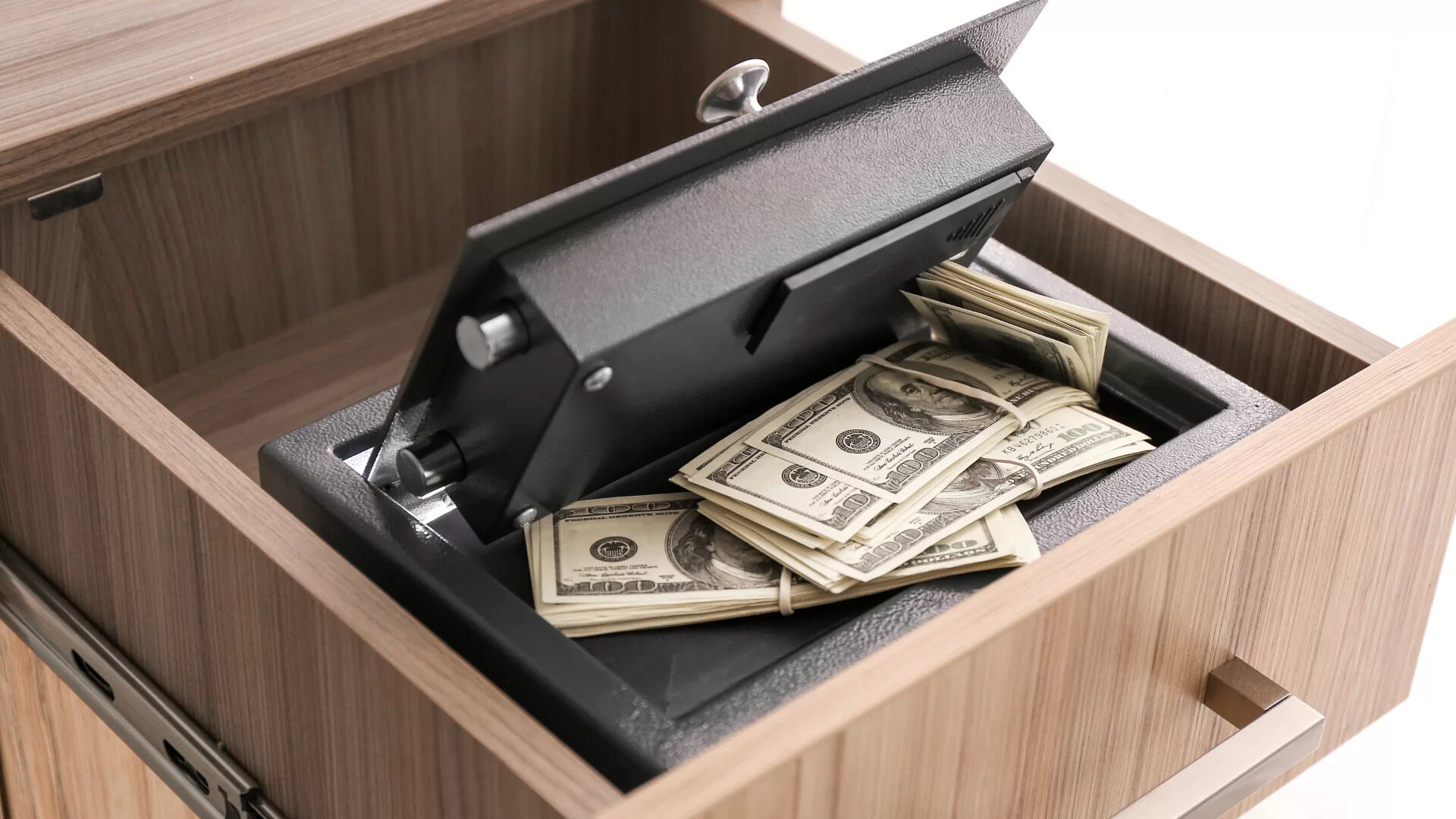

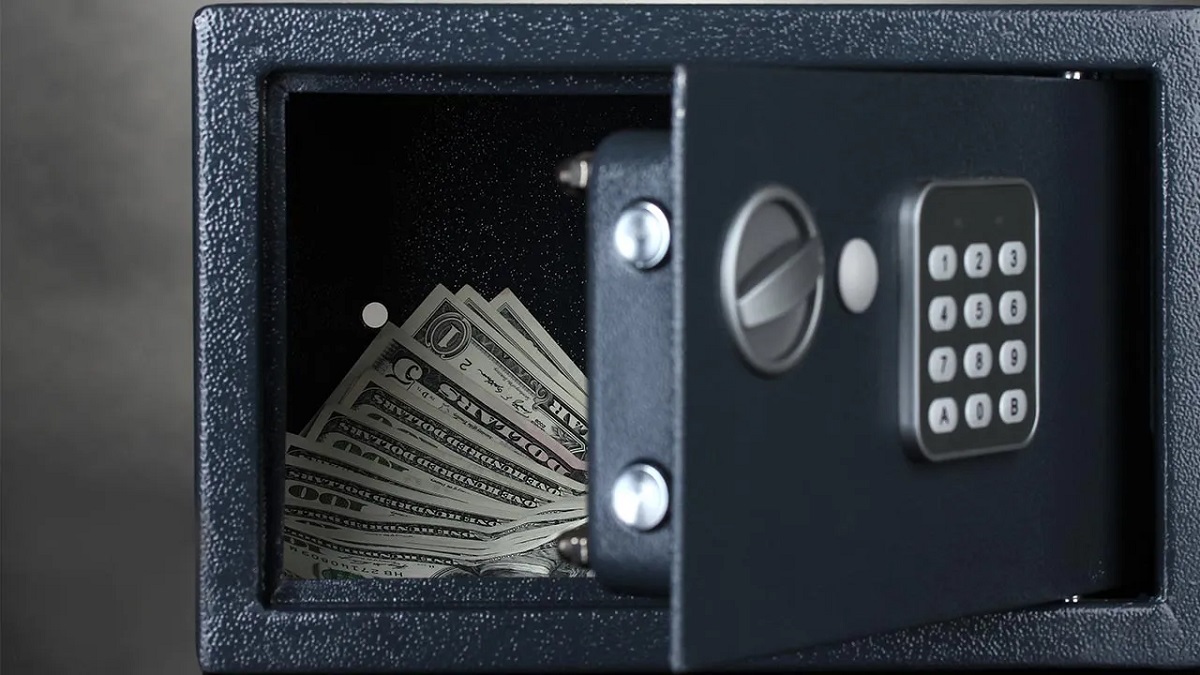
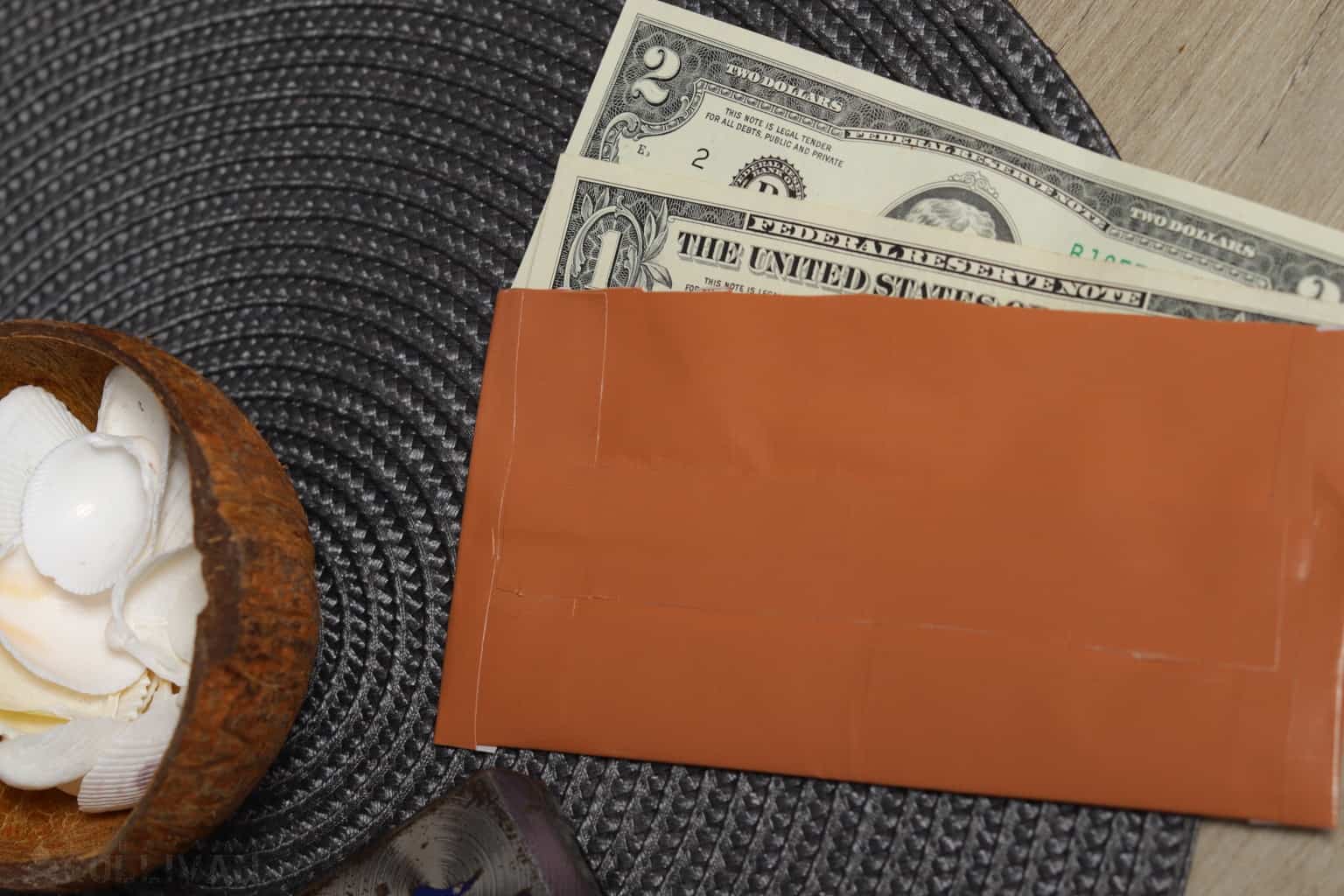
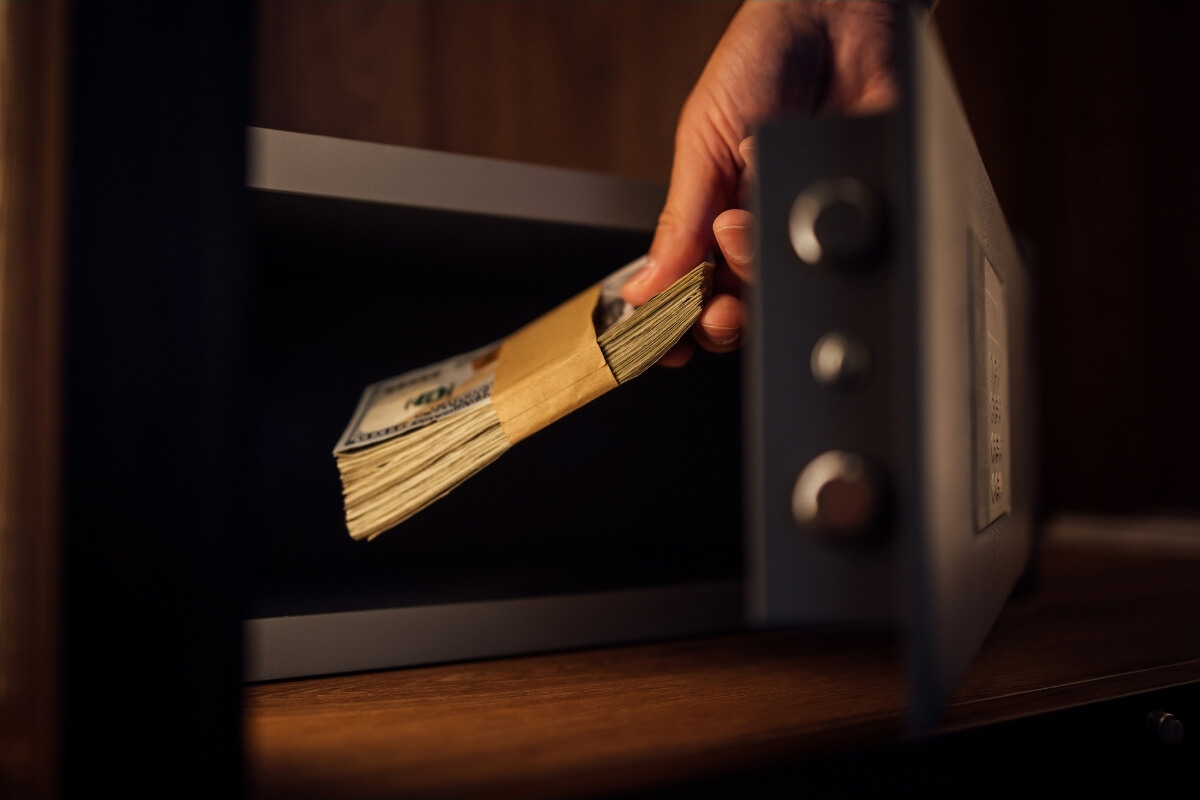
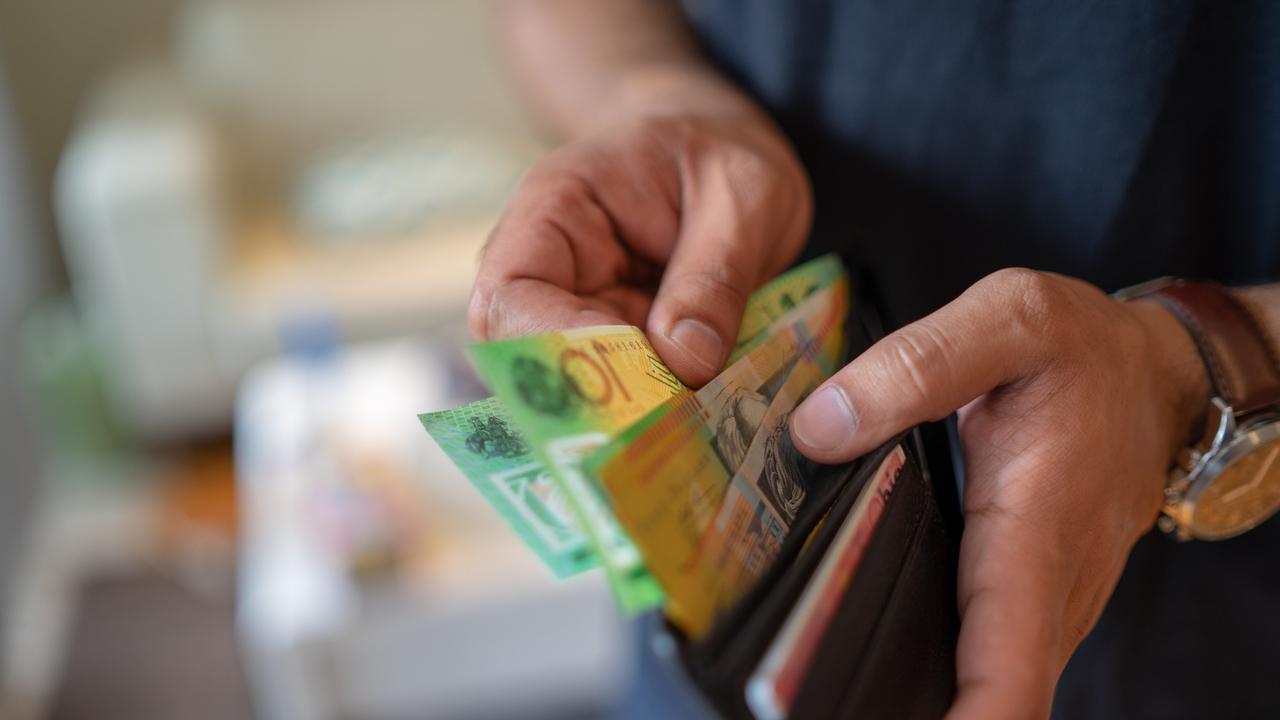

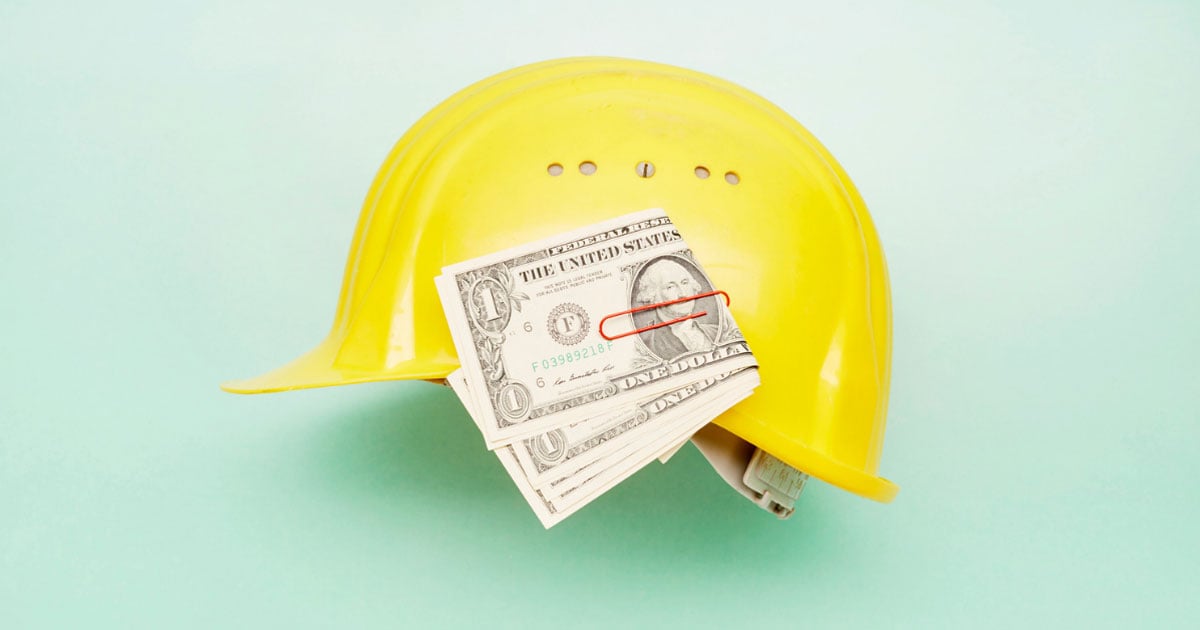

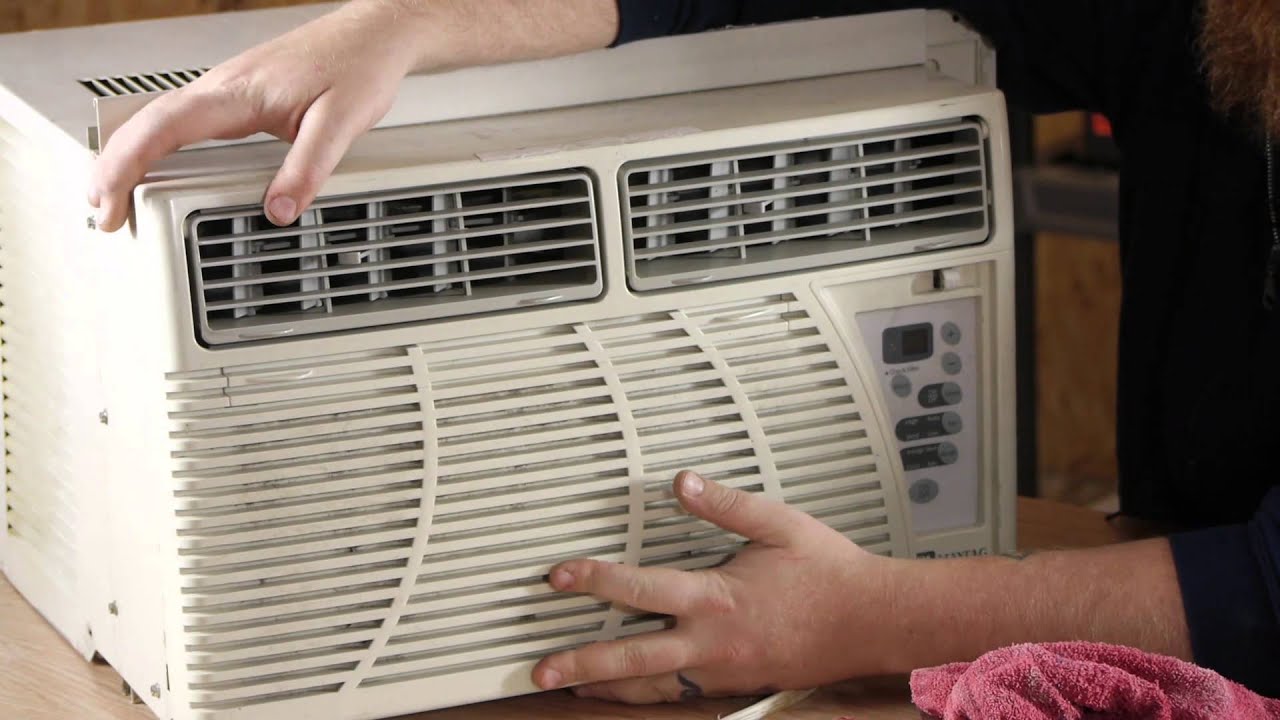



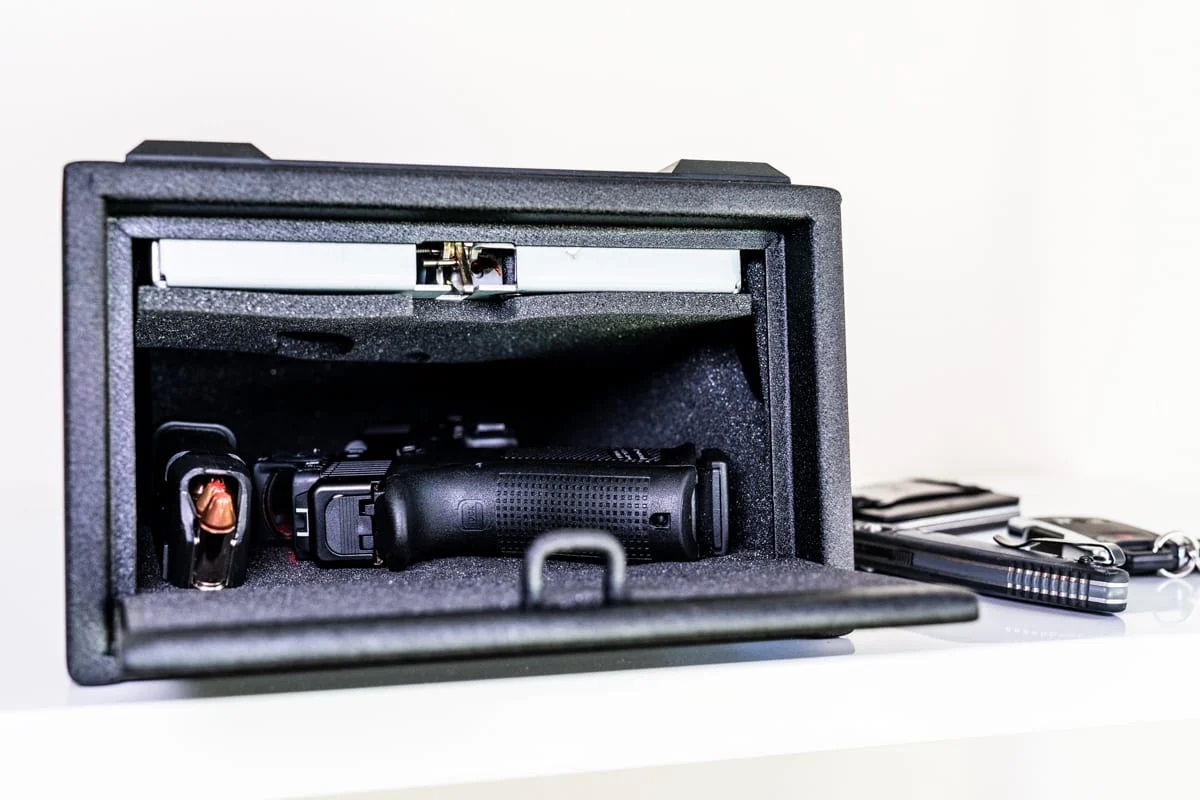

0 thoughts on “How To Store Cash At Home”